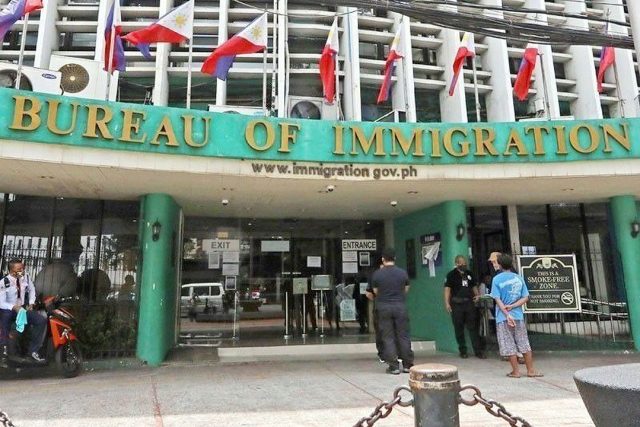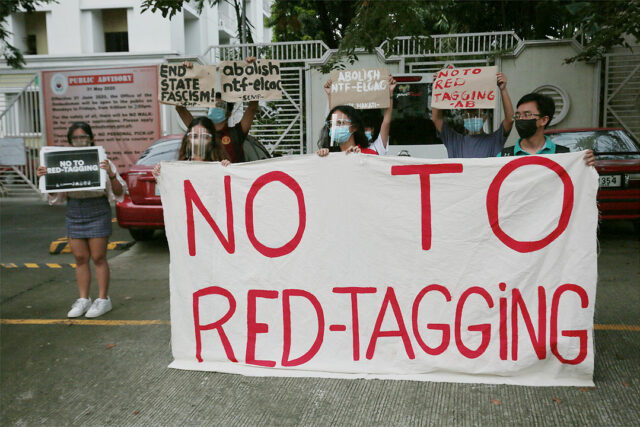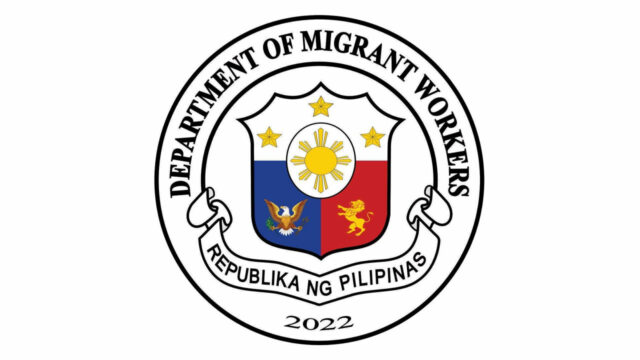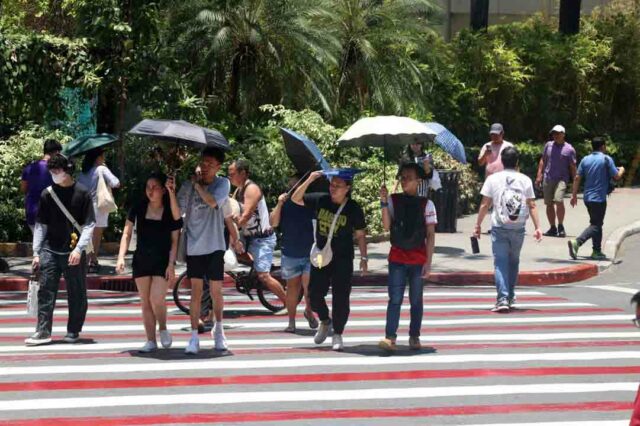THE PESO sank to a fresh 17-month low against the dollar on Thursday, even moving closer to the P58 level intraday, due to stronger-than-expected US durable goods data.
The local unit closed at P57.78 per dollar on Thursday, weakening by 23 centavos from its P57.55 finish on Wednesday, data from the Bankers Association of the Philippines showed.
This was the peso’s weakest close in more than 17 months or since its P58.19-per-dollar close on Nov. 10, 2022.
The peso opened Thursday’s session weaker at P57.75 against the dollar, which was already its intraday best. Its worst showing was at P57.96 versus the greenback.
Dollars exchanged went up to $1.43 billion on Thursday from $1.38 billion on Wednesday.
The peso declined against the dollar due to stronger-than-expected US durable goods data, Security Bank Corp. Chief Economist Robert Dan J. Roces said in a Viber message.
“US durable goods data surprised to the upside, pushing the greenback higher across the board,” Union Bank of the Philippines, Inc. Chief Economist Ruben Carlo O. Asuncion likewise said in a Viber message.
New orders for key US-manufactured capital goods increased moderately in March and data for the prior month was revised lower, suggesting that business spending on equipment likely remained weak in the first quarter, Reuters reported.
The report from the Commerce department on Wednesday was published ahead of the release on Thursday of the government’s advance estimate of gross domestic product (GDP) for the January-March quarter. The economy is expected to have delivered another quarter of strong performance, thanks to a resilient labor market that is driving consumer spending.
Non-defense capital goods orders excluding aircraft, a closely watched proxy for business spending plans, rose 0.2% last month, the Commerce department’s Census Bureau said. Data for February was revised lower to show these so-called core capital goods orders advancing 0.4% instead of 0.7% as previously reported.
March’s increase was in line with economists’ expectations. Core capital goods orders gained 0.6% year on year in March.
But manufacturing, which accounts for 10.4% of the economy, is stabilizing. Orders for durable goods, items ranging from toasters to aircraft meant to last three years or more, rose 2.6% in March after a downwardly revised 0.7% advance in February.
An Institute for Supply Management survey this month showed manufacturing grew for the first time in 1-1/2 years in March.
The peso was also dragged down by the yen’s movement on Thursday, Rizal Commercial Banking Corp. Chief Economist Michael L. Ricafort said in a Viber message.
The yen hit fresh 34-year low versus the dollar and a 16-year low against the euro on Thursday as investors expect a Bank of Japan policy meeting that ends on Friday to not be hawkish enough to support the Japanese currency, Reuters reported.
A day earlier, the buoyant dollar broke above the 155 yen level for the first time since 1990 after having traded in a tight range over several days.
On Thursday, the greenback rose to a 34-year high of 155.74 yen and was last 0.2% higher at 155.62. The euro hit a 16-year high of 166.98 and was last up 0.35% at 166.77.
The 155 yen level has been seen by some market participants as a line in the sand that will prompt Tokyo authorities to take action.
The rate hike by the Bank of Indonesia on Wednesday also caused a knee-jerk reaction, Mr. Roces added.
Indonesia’s central bank delivered a surprise rate hike on Wednesday, stepping up efforts to support the rupiah currency which has fallen to four-year lows on rising risk aversion and a delay in the expected timing of any US pol-icy easing, Reuters reported.
Bank Indonesia (BI) raised the 7-day reverse repurchase rate by 25 basis points to 6.25%, its highest since the bank made the instrument its main policy rate in 2016.
BI also increased the overnight deposit facility and lending facility rates by the same amount to 5.5% and 7%, respectively.
For Friday, Mr. Asuncion sees the peso moving between P57.30 and P58 per dollar, while Mr. Ricafort expects it to range from P57.70 to P57.90. — AMCS with Reuters












